 Maps of genetic subclones in tumors point to new way to treat cancers
Maps of genetic subclones in tumors point to new way to treat cancers
Researchers have combined whole-genome sequencing with other techniques to generate detailed quantitative maps of genetic subclones in tumors, which they contend provide a complete view of cancer that has not been previously possible. Read More
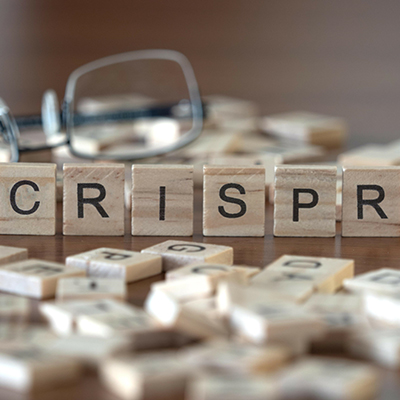 CRISPR-based method finds chromosomal deletion linked to cancer outcomes
CRISPR-based method finds chromosomal deletion linked to cancer outcomes
Memorial Sloan Kettering Cancer Center researchers have developed a new CRISPR-based method for studying large-scale genetic changes that frequently happen in cancer, identifying deletions that mediate immune evasion and metastasis. Read More
 Cell & Gene Meeting on the Mesa 2022 Recap
Cell & Gene Meeting on the Mesa 2022 Recap
The Science and Medicine Group team was onsite at this year's Cell & Gene Meeting on the Mesa getting the who, what, and when on the product announcements, science sessions, and deals taking place this year. Find out what we learned in our recap. Read More
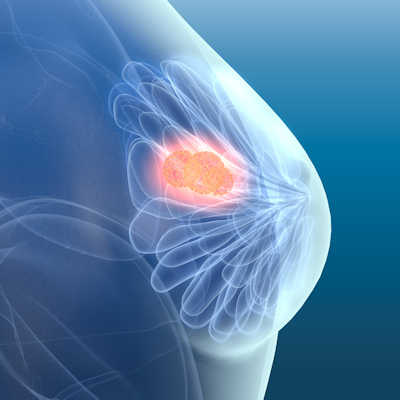 DNA barcoding shows how breast cancer cells evade the immune system
DNA barcoding shows how breast cancer cells evade the immune system
Using DNA barcodes, scientists at Australia’s Garvan Institute of Medical Research have revealed how cancer cells can evade the immune system and render immunotherapies ineffective. Read More
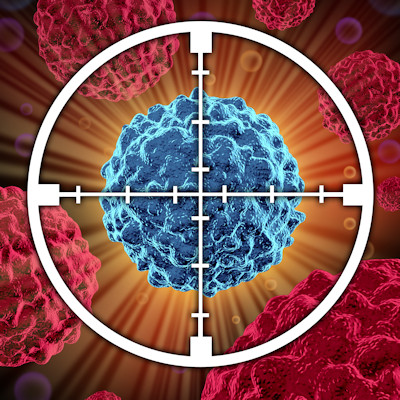 Study offers researchers more reliable way to design effective CELMoD drugs
Study offers researchers more reliable way to design effective CELMoD drugs
Scripps Research scientists have discovered a key property needed for a promising new class of cancer-fighting drugs -- known as Cereblon E3 Ligase Modulating Drugs (CELMoDs) -- to work effectively as protein degraders. Read More
 Discovery of immune cell functionality could improve vaccine design
Discovery of immune cell functionality could improve vaccine design
Using specially bred mice, Rutgers University researchers have differentiated the functions of two types of immune cells -- known as tissue-resident memory T cells -- that protect against infection and cancer, with the potential to improve vaccine efficacy as well as combat autoimmune diseases. Read More
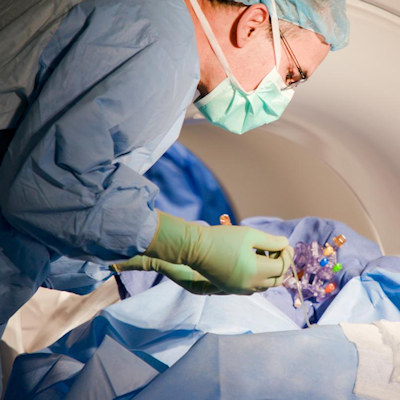 Gene therapy targets overactive brain cells in mice, potential neurological treatment
Gene therapy targets overactive brain cells in mice, potential neurological treatment
University College London researchers have developed a gene therapy for neurological and psychiatric diseases that reduces the excitability of overactive brain cells. Tested in mice, the scientists contend the treatment could potentially be used in human brain diseases caused by excessive activity of a small number of brain cells. Read More
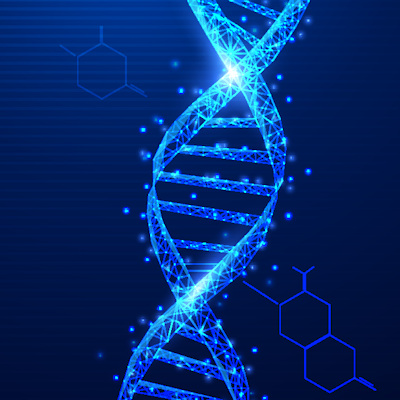 DNA-based ‘nanotransporters’ deliver precise concentrations of drugs
DNA-based ‘nanotransporters’ deliver precise concentrations of drugs
Canadian researchers have designed and validated a new class of DNA-based drug transporters that are 20,000 times smaller than a human hair, which they contend may improve how cancers and other diseases are treated. Read More
 Study provides path for overcoming blood-tumor barrier in treating medulloblastoma
Study provides path for overcoming blood-tumor barrier in treating medulloblastoma
Scientists at Toronto's Hospital for Sick Children have identified a way to reduce the impact of the blood-tumor barrier for treating medulloblastoma, the most common malignant pediatric brain tumor. Read More
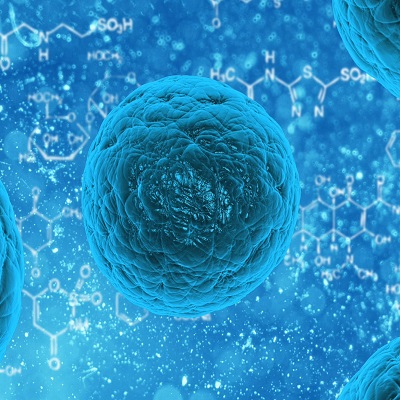 Enzyme shown to restore cell volume after exposure to external stressors
Enzyme shown to restore cell volume after exposure to external stressors
Researchers at the University of Pittsburgh and Carnegie Mellon University have shown that with-no-lysine (WNK) kinases activate a "switch" to restore cell volume after exposure to an external stressor, such as high levels of salt or sugar. Read More
Member Rewards
Earn points for contributing to market research. Redeem your points for merchandise, travel, or even to help your favorite charity.
Research Topics
Interact with an engaged, global community of your peers who come together to discuss their work and opportunities.
Connect
Tweets by @ScienceBoard



